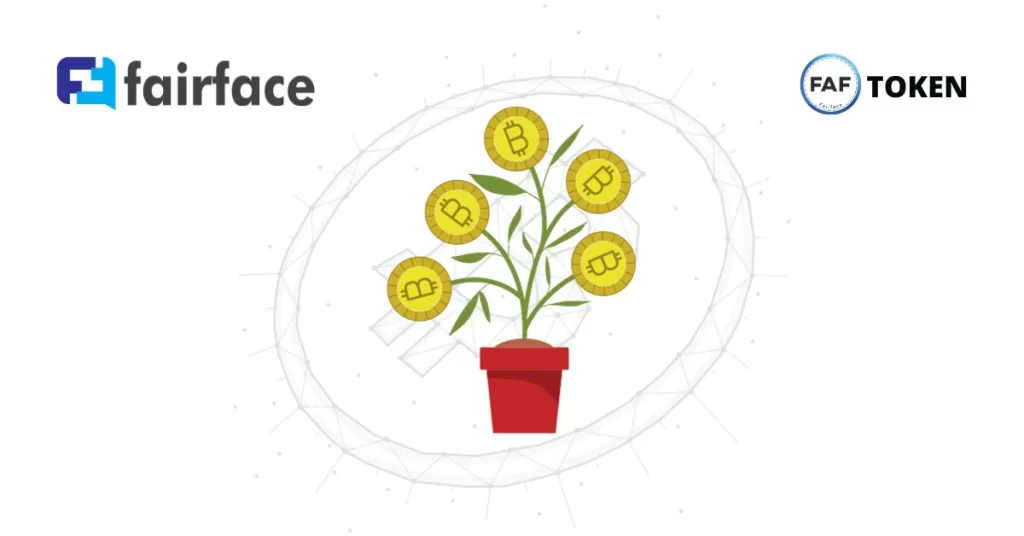Bitcoin is a decentralized digital currency, without a central bank or single administrator, that can be sent from user to user on the peer-to-peer Bitcoin network without the need for intermediaries.
Bitcoin is often described as a ‘super logical’ step on the tech tree because it solves a number of problems with traditional fiat currencies, including:
- Inflation: Bitcoin is a deflationary currency, meaning that the supply of Bitcoin is limited and cannot be inflated by governments. This makes Bitcoin a more attractive store of value than fiat currencies, which are constantly being inflated by governments.
- Centralization: Bitcoin is a decentralized currency, meaning that it is not controlled by any government or financial institution. This makes Bitcoin more resistant to censorship and manipulation than fiat currencies.
- Transparency: All Bitcoin transactions are recorded on a public blockchain, making them transparent and auditable. This makes Bitcoin less attractive to criminals and money launderers than fiat currencies.
In addition to these benefits, Bitcoin also offers a number of other advantages, such as:
- Global reach: Bitcoin can be used to send and receive payments anywhere in the world without having to go through a bank or other financial institution. This makes it a convenient and affordable way to send money internationally.
- Low fees: Bitcoin transactions typically have very low fees, especially when compared to traditional international money transfers.
- Privacy: Bitcoin transactions are pseudonymous, meaning that they are not linked to any personally identifiable information. This gives Bitcoin users a degree of privacy that is not available with traditional financial transactions.
Of course, Bitcoin is not without its challenges. For example, Bitcoin is still a relatively new technology, and its price can be volatile. Additionally, Bitcoin has been criticized for its high energy consumption. However, despite these challenges, Bitcoin has the potential to revolutionize the global financial system by providing a more secure, efficient, and transparent way to send and receive payments.
Here are some potential uses for Bitcoin in the future:
- Global payments: Bitcoin could be used to make global payments faster, cheaper, and more easily than traditional methods.
- Financial inclusion: Bitcoin could provide financial inclusion to people who are currently underserved by the traditional financial system.
- Store of value: Bitcoin could be used as a store of value, similar to gold.
- Micropayments: Bitcoin could be used to make micropayments, such as paying for online content or services.
Bitcoin is a rapidly evolving technology, and it is difficult to predict how it will be used in the future. However, Bitcoin has the potential to revolutionize the global financial system and make a significant impact on the world.
In the ever-advancing landscape of technology, each innovation is like a branch on a vast and intricate tree. This “tech tree” represents the evolution of human knowledge and our quest for progress. At the very top of this tree, you’ll find Bitcoin—a digital marvel that can be described as the ‘super logical’ step in our technological journey. In this blog post, we’ll explore why Bitcoin is such a significant leap forward in our tech evolution.
The Foundation: The Internet
The base of our tech tree is the internet, the global network that connects us all. It brought the world closer, enabling information sharing, communication, and unprecedented possibilities.
The Next Branch: E-commerce
E-commerce was the next logical branch. It leveraged the internet to revolutionize how we buy and sell goods. Amazon, eBay, and countless online marketplaces emerged, changing the way we shop.
The Rise of Blockchain
Then, blockchain technology appeared as a significant branch. It introduced decentralized, secure, and transparent record-keeping. Blockchain laid the groundwork for cryptocurrencies and a wide range of applications beyond finance.
Bitcoin: The Apex Innovation
At the very top of our tech tree stands Bitcoin—a cryptocurrency that transcends mere digital money. Here’s why it’s the ‘super logical’ step:
- Digital Gold: Bitcoin is often referred to as ‘digital gold’ because, like gold, it’s a store of value. It represents a new form of wealth preservation in the digital age.
- Censorship Resistance: Bitcoin operates without central control. It’s immune to censorship, making it a truly global currency that can’t be controlled or manipulated by any single entity.
- Peer-to-Peer Transactions: Bitcoin enables direct peer-to-peer transactions, eliminating the need for intermediaries like banks. It’s a faster and more efficient way to send and receive money, globally.
- Built on Trust: Bitcoin’s trust is decentralized. It relies on a consensus of network participants, ensuring security and reliability without a single point of failure.
Bitcoin is more than just a currency; it’s the culmination of years of technological progress. It represents a leap forward in how we think about and use money. It’s an asset, a medium of exchange, and a revolutionary idea—an idea that’s transforming finance, technology, and the way we perceive value.
In our tech tree’s ever-branching path, Bitcoin stands tall, beckoning us to explore new horizons. As we ascend this tree of innovation, who knows what other remarkable branches lie ahead? The tech tree continues to grow, and Bitcoin has shown us that the sky is not the limit—it’s just the beginning.

